This past Friday, Fidel Castro died of natural causes at the age of 90. He led the country of Cuba for nearly fifty years, as prime minister from 1959 to 1976, then as president from 1976 to 2006. (The current president is Fidel's younger brother, Raul.) Castro not only changed his country, he also changed politics and inspired revolutions throughout much of Latin America. His policies and opposition to the United States made him a controversial figure whose life and actions still leave many divided. To some, he was a villain; to others, a hero.
The Cuban Revolution
Castro speaks after Fulgencio Batista was made to flee Cuba. (Getty Embed)
Castro led the Cuban Revolution of 1959. His goal was to overthrow the country's leader, the dictator Fulgencio Batista. Batista had taken power in 1952 by military coup (this when someone uses an army to take over a government by force). He made himself Cuba's president and led a terribly corrupt government. Batista supported the country's richest citizens, worked with organized crime, and used deadly force against any who opposed him.
Fidel Castro led a rebel army and fought against the government for two years before finally defeating Batista's forces. Soon after he marched into Cuba's capital of Havana on January, 8, 1959, he became Cuba's prime minister and started to reshape the country. He removed laws that protected the rich, and immediately introduced policies of universal health care and opened dozens of new schools to serve Cuba's poor people.
A complex legacy
Castro during the Cuban Missile Crisis of 1962. This conflict nearly led the Soviet Union and the United States to war. (Getty Embed)
You will find quickly that most adults have a strong opinion of Fidel Castro, whether it's good or bad. A big reason for this is Castro's complicated relationship with the United States. It not only changed 20th century politics completely, it also nearly started a terrible war. The U.S. had supported Batista's government, and what's more, Castro began to join forces with the Soviet Union. At this time, the United States and Soviet Union were the world's two great superpowers, and they did not trust another.
This tense relationship eventually led to what was called The Cuban Missile Crisis. This was a diplomatic standoff in October 1962 over Soviet missiles placed in Cuba, which meant that they could be used to attack the United States. Though American President Kennedy avoided war, it created a mistrust between the U.S. and Cuba that lasted over 50 years. (President Obama broke this standoff when he visited Cuba in 2015.)
Castro makes a speech alongside South African president Nelson Mandela. (Getty Embed)
Castro was also controversial at home. Many Cubans love him to this day. They see him as a man who gave power to the poor and especially to black people who were shut out of white-controlled cities like Havana. But millions of Cubans also risked their lives to flee Castro's Cuba and live in America. Castro was a strict ruler who moved quickly and harshly to stop any opposition. His government was guilty of numerous human rights violations.
There is no doubt that Fidel Castro left his mark on the world. His legacy will be examined for many years to come.
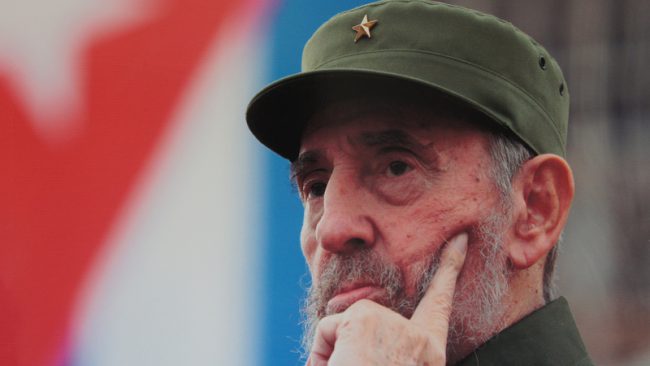 Castro ruled Cuba for nearly fifty years. (© Alena2909 | Dreamstime.com)
Castro ruled Cuba for nearly fifty years. (© Alena2909 | Dreamstime.com)
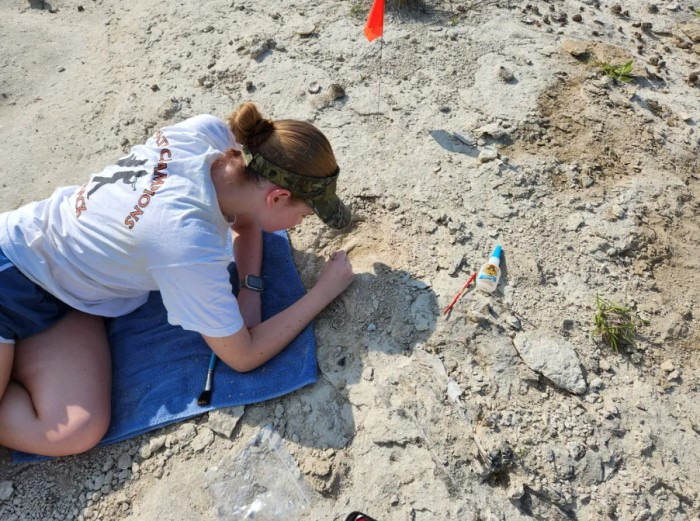
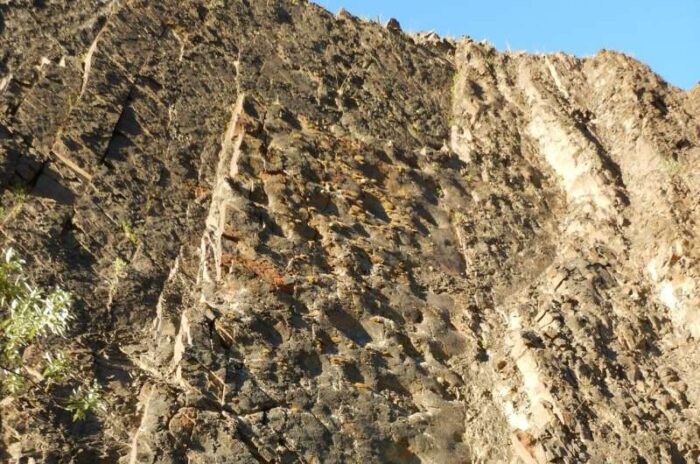
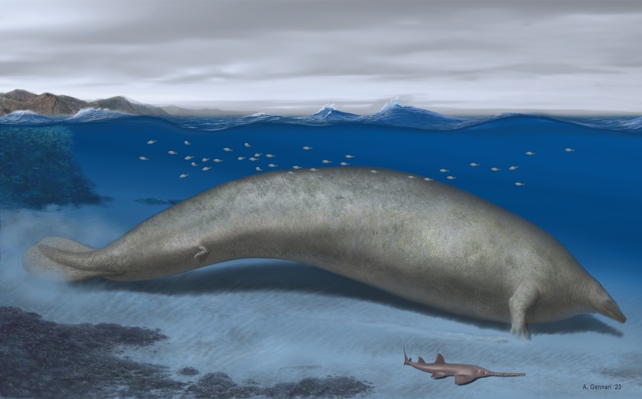
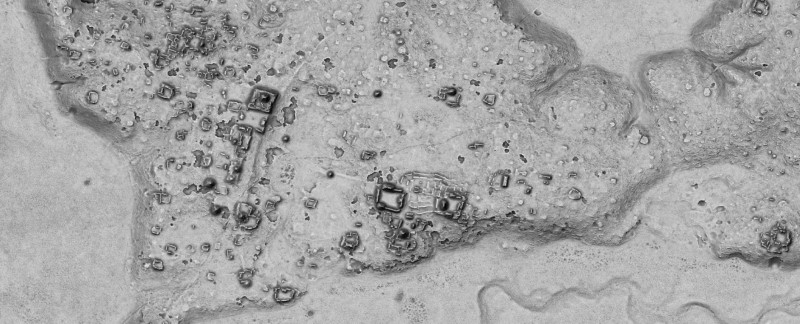
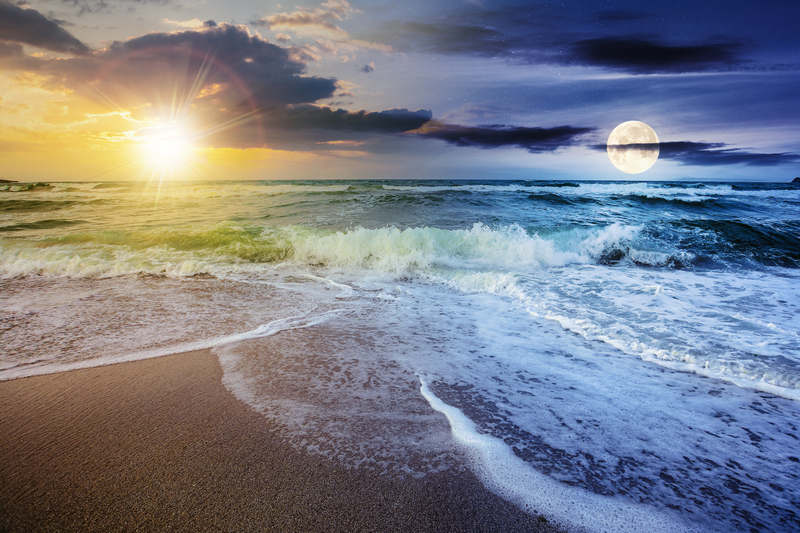

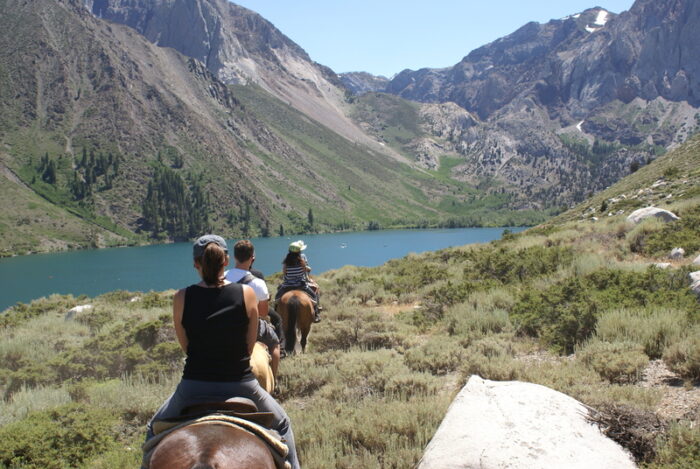
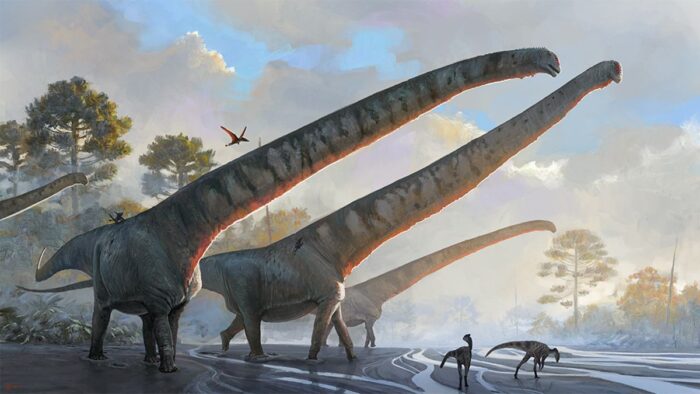
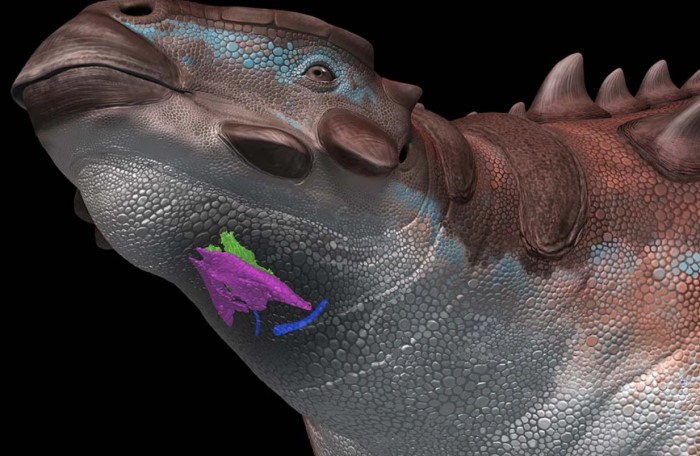
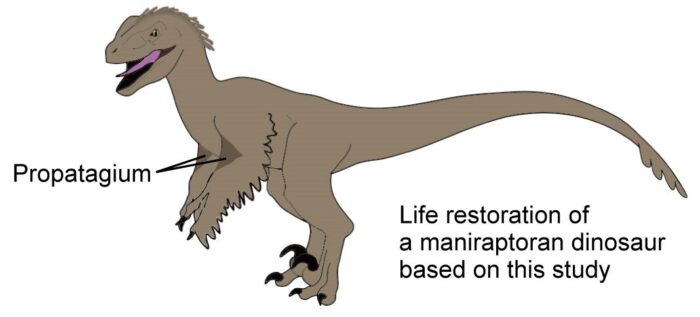
🙂 😉 i loved it ! that is so cool ! i love learning history like this ! 😉
RIP Mr Castro. 😥